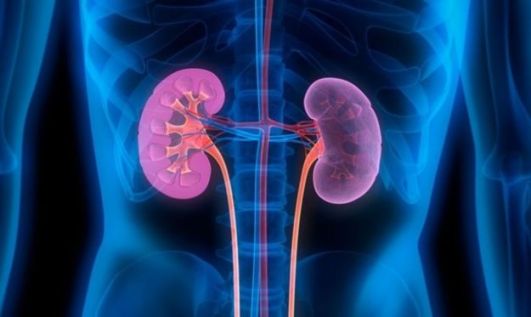Renal blockage: Symptoms, causes and remedies
The renal blockage or failure, as its name suggests, affects the function of the kidneys, which, under normal conditions, produce urine in order to facilitate purification of the blood, while they are responsible for maintaining the balance in the organism of sodium and potassium, for example.
Kidneys are also necessary because they provide hormones capable of regulating blood pressure and production of red blood cells. Under certain conditions there may occur blocking functions of these organs. The kidneys, suddenly or slowly, leave of filtering wastes.
Table of Contents
Symptoms
The main symptoms of renal insufficiency, though not always as obvious, are decreased urine production, mental confusion or anxiety, back pain especially on one side, swelling of the legs and feet, loss of appetite, nausea and vomiting.
Diagnosis
It is very important to consult a doctor if you notice these symptoms to have an accurate diagnosis and establish the most appropriate treatment. The symptoms can help to determine kidney problem, as well as blood tests to assess the levels of potassium, sodium and calcium.
Causes
The renal blockage can be caused by a sudden drop in blood flow to the kidneys. Certain medications, including antibiotics (streptomycin and gentamicin), anti-inflammatory (naproxen and ibuprofen), prostate problems, kidney stones or the presence of a tumor.
Risk factors
The prevention plays a key role; hence the importance of knowing the risk factors of renal failure, such as liver disease, diabetes, obesity, heart failure, high blood pressure or has undergone heart or stomach surgery.
Treatment
The treatment depends on the cause. If for example, blocking is caused by a lack of fluids in your blood, your doctor will recommend an injection of intravenous fluids. In other cases, it may be necessary to take diuretics to remove excess fluid that causes swelling of legs and feet.
Dialysis and Transplantation
In some cases, to remove excess fluid and waste products of the body will need dialysis, a machine that works as an artificial kidney. When the renal function falls below 10% the kidney transplant is the medical alternative, an operation with high success rates.
